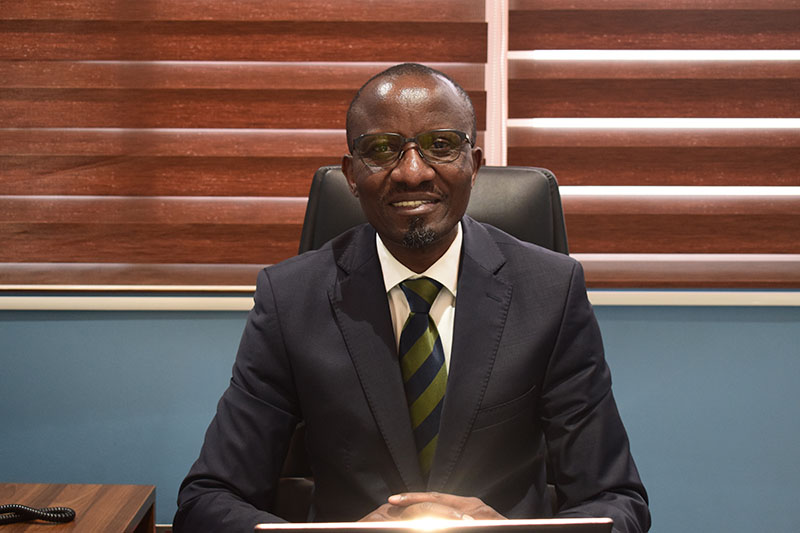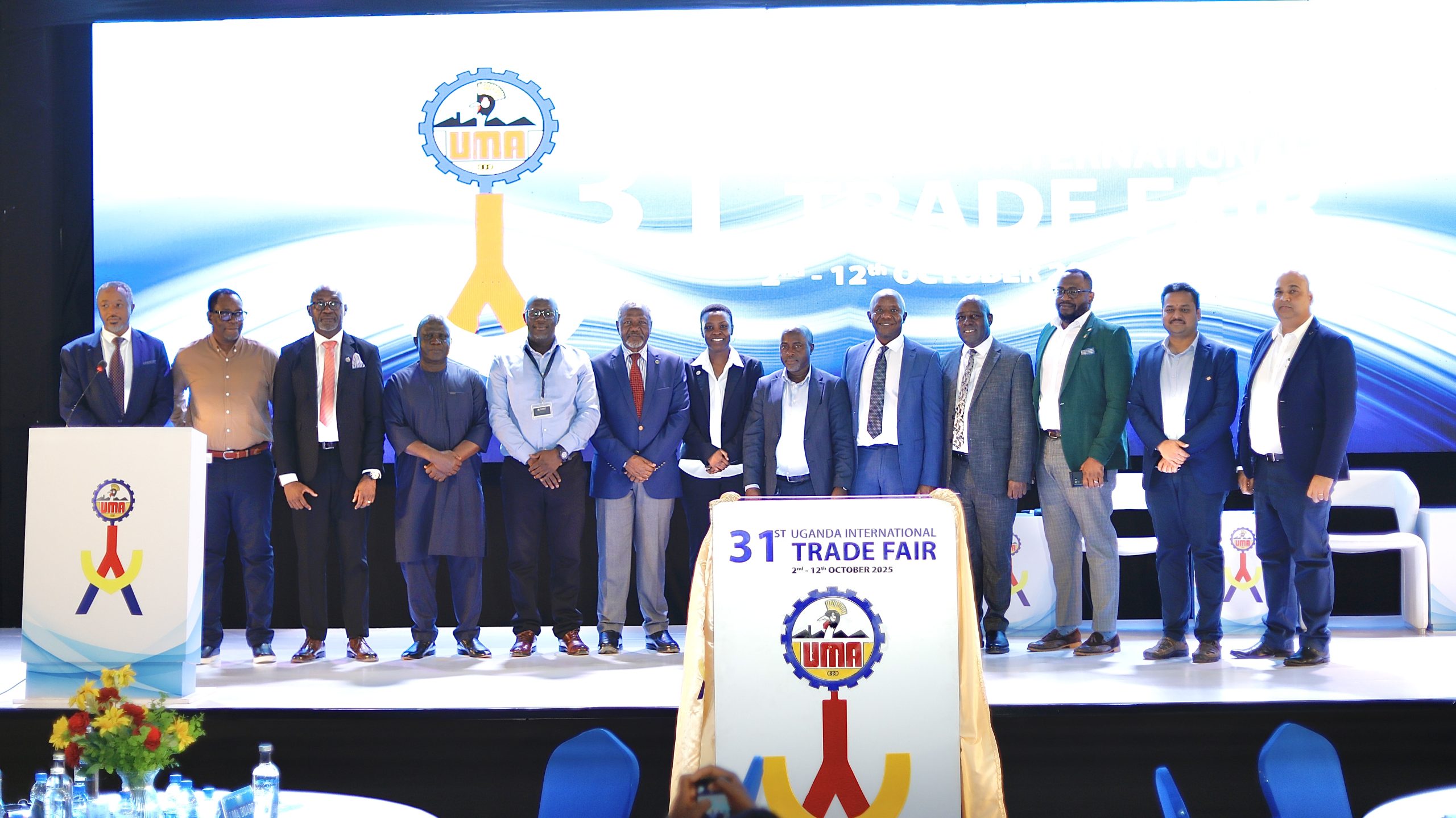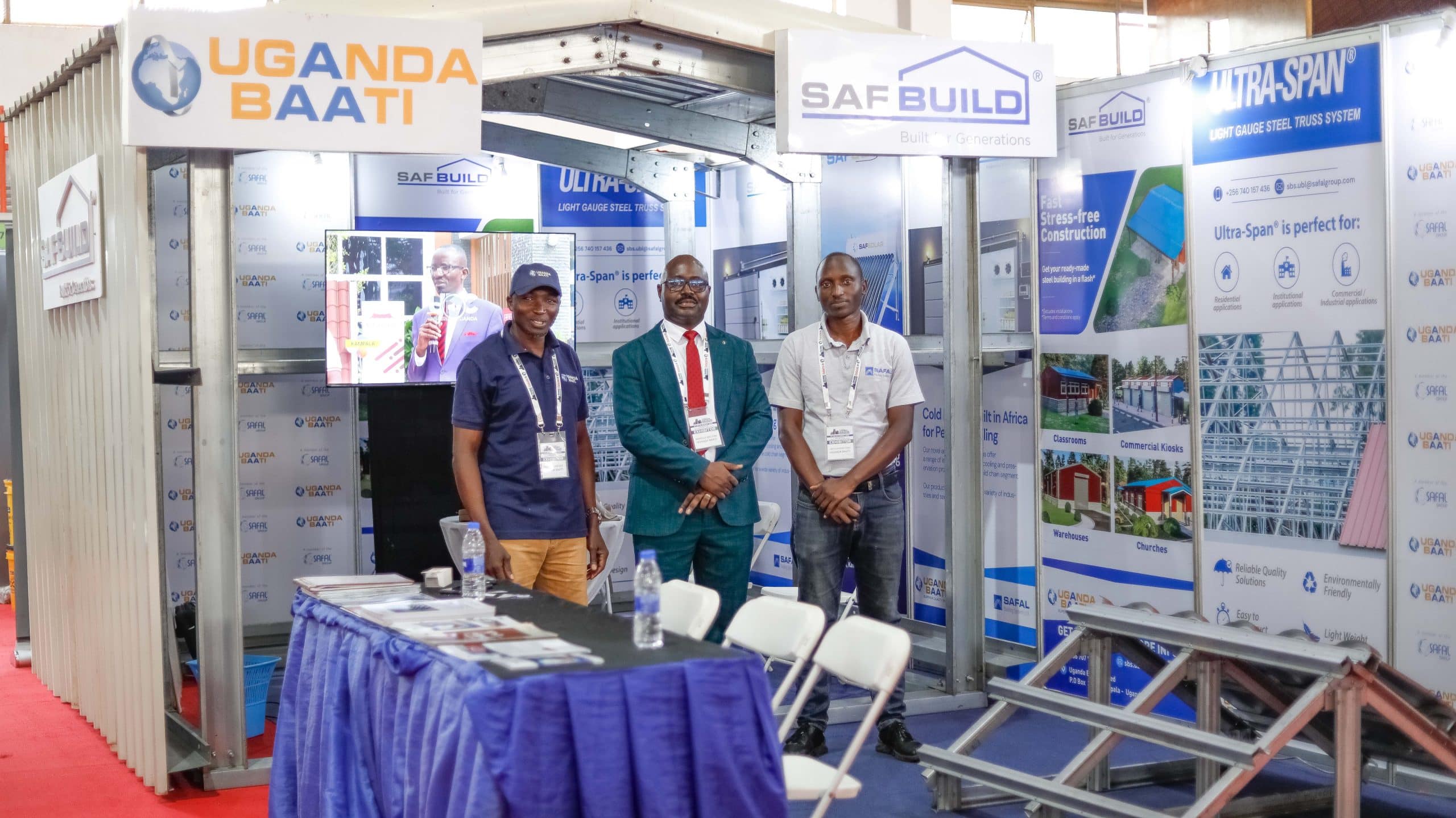
What corporate organizations should do to help graduates transition into meaningful employment
Ubaati
2022-06-15
During my several years of working with the Safal Group, I have always felt challenged with the way the Group, led by the shareholders, put a high priority on people development and giving back to the community. To be people-centric is to put your people at the heart of everything you do, this statement defines the culture at SAFAL group.
Upon my graduation many years ago, I was confronted with the difficulty of securing a job as all interviews I attended focused more on work experience. This is the same situation current young graduates are still exposed to.
The Uganda Baati Graduate Trainee Programme (GTP) started in 2015 to give an opportunity to fresh graduates to acquire skills as well as building a future leadership pipeline in the Ugandan society. This program aims at attracting fresh talent direct from university with a purpose of harnessing their knowledge and grooming them to be future leaders as we strive to build Africa with pride.
The GTP is part of the company`s Corporate Social Investment (CSI) under the pillar of Education. Other pillars which guide our Safal Group CSI interventions are Health, Environment and Shelter
Uganda has a lot of young talent but for us to ensure they are gaining the right skillset, calls on the corporates to commit to harnessing the budding potential. These young people exhibit fresh energy, multi-talent, quick, innovative, and have dynamism of how things are done. They come with untapped soft and organizational skills which, on many occasions, challenge status quo within an organization
It gives me great satisfaction to see a program which we started with only 5 graduates, growing to over 50 plus currently. This rigorous program exposes the trainees to all functions within the organization with a view to developing the skills which are well rounded to prepare them for leadership positions. Our HODs commit time to coach, empower and mentor the graduates
We recognize that the labour market will always remain competitive, so we do not expect to keep all the graduates we train. What matters is the competence we would have built and passed on.
From the inception of the program, I have witnessed real-life testimonies of those impacted by the Uganda Baati GT program. Emmanuel Awori, for example, a former guild president of Makerere University Business School (MUBS) graduated from the program and has since moved on to take up a senior responsibility in another company.
Rhona, another graduate of the program, also moved on to another company where she is steering change in Finance function; Emmanuel Mponimba, an Architect, has also registered personal growth to become one of the key staff driving building solution business at Uganda Baati. Others like Francis Olwedo have gained momentum as electrical engineer and has taken up senior position in our company. The list of accomplishments of the program is endless
We put lot of time in the recruitment process of the graduates. The group exercises to screen applicants have often been based on attitudes, logical reasoning, and contribution to the industry. These are traits that are difficult to identify from oral interactions
The other remarkable thing is to ensure all disciplines are catered for in the trainee program. We bring on board trainees from different disciplines including Engineering & Architecture, Finance, law, education, the sciences, arts & social sciences and business etc. Some of these disciplines, from the face of it, may not seem to be quite relevant to our organization, but we consider them, nonetheless. Some of these graduates end up developing passion for some careers which are a complete departure from what they pursued at the universities. For example, the Head of our Finance department, Erinah Masiga has a degree in chemistry. There are so many other graduates who have registered career shifts, and this potential shift drives our selection process.
The need for gender perspectives is also one of the considerations organizations ought to look at in this kind of program to create a gender balanced work force.
Therefore I believe this is a better way to transition fresh graduates into meaningful work as we build the vocational future of our country Uganda.
By George Arodi
Business Head, Uganda Baati Limited



















